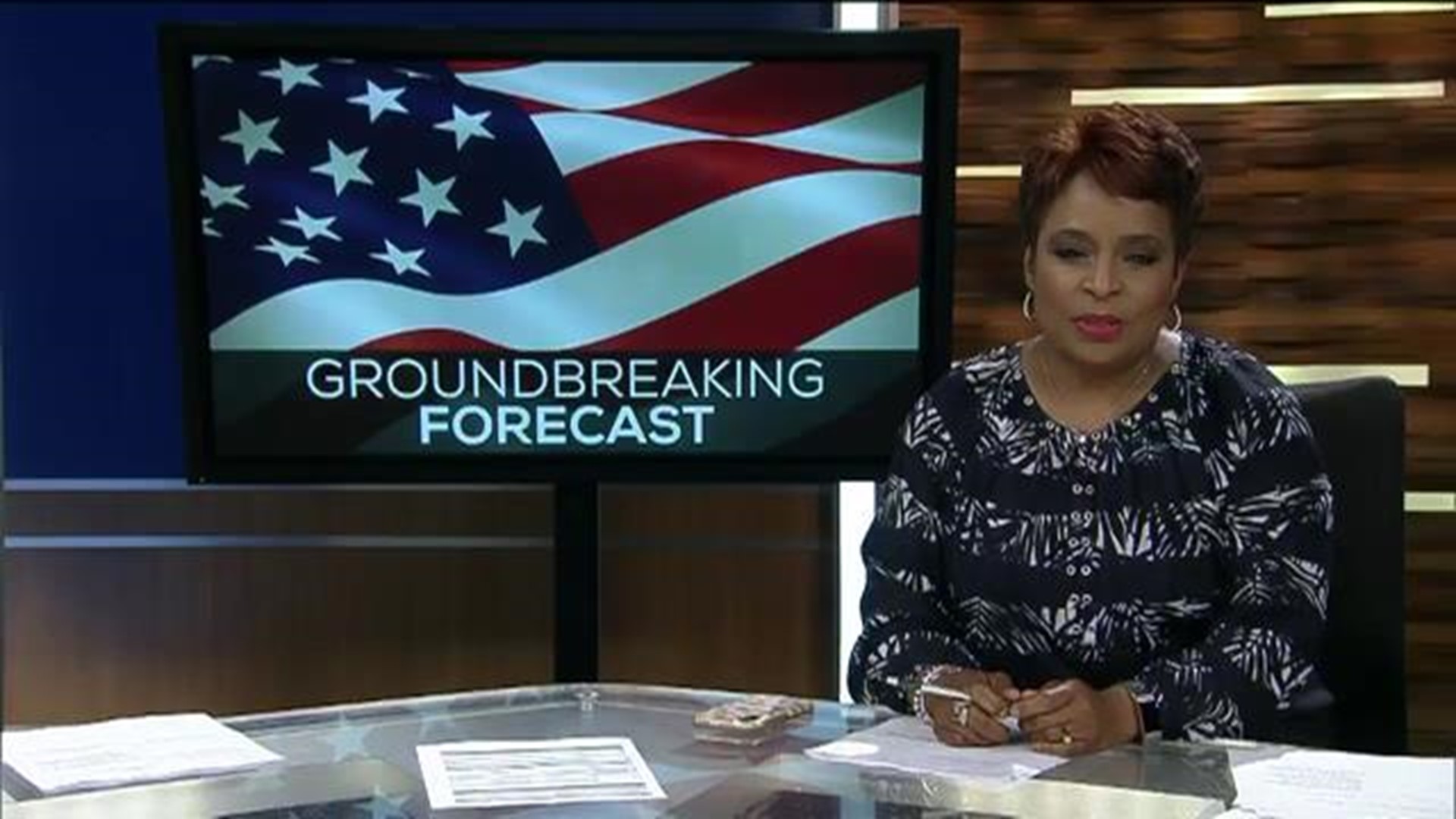If General Dwight Eisenhower didn't believe in his team of meteorologists, D-day would've unfolded on the beaches of Normandy on June 5, 1944.
Many don't realize that much of the success during D-day came down to the weather forecast. There were three teams of weather forecasters, which included the British Royal Navy, British Meteorological Office and the U.S. Strategic and Tactical Air Force.
These six meteorologists were given the task to figure out the optimal time for attack several months leading into D-day. At the time, satellite imagery, weather models and most of what we use today to forecast was not available.
And in fact, most of the weather forecasts were considered to be a "Guess" 24 hours out. These meteorologists simply had their weather observations and intuition.
On June 4, an unusually deep area of low pressure tracked over Ireland and then across northern Scotland with strong winds and heavy rain. With years of planning and preparation to invade Normandy, the invasion would be postponed due to weather.
Captain James Martin Stagg was the chief meteorologist of the British Royal Air Force and was the one who briefed Eisenhower on the inclement weather on June 5th. Because of Captain James Martin Stagg’s recommendation, Eisenhower decided that they would delay the invasion to June 6th to allow for the weather to clear up.
While conditions still weren't perfect in the wake of the frontal passage on June 6th, there was a small window of opportunity that they had to take in what was considered a very unsettled weather pattern at the time of the month. The area of low pressure had moved east of England and another disturbance was southeast of Greenland. There was also a full moon and an early morning low tide, which aided greatly in the invasion.
Delaying much beyond June 6 would have meant waiting for several more weeks, and by then, the Germans may have realized an invasion was imminent.
The Germans did not expect there to be a break in the weather, either. Their group of forecasters kept stormy, unsettled weather in the forecast through mid-June.
If the meteorologists got the forecast wrong, the allies might have lost tens of thousands of men and world war 2 might have been lost forever.

